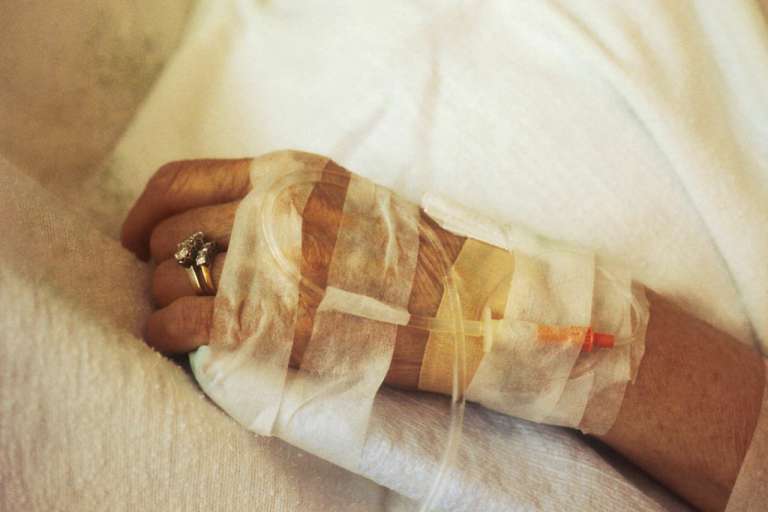Major concerns have been raised about the financial stress NHS staff face. A survey by the Royal College of Midwives (RCM) found that almost half of student midwives have considered leaving their midwifery courses due to financial pressures and debt. The survey found that the average midwifery student graduates with £41,000, but some students were forced to graduate with debts totalling £100,000. Additionally, further studies by uSwitch.com have revealed that NHS employees are struggling to pay their energy bills, with 81% of those surveyed rationing their usage. Many of those who responded were hospital nurses who admitted to choosing to work extra shifts to avoid going home in the winter and forfeiting other household essentials in order to pay their energy bills on time.
This ties in with recent news released by financial wellbeing platform FairQuid showing that health workers make up the majority of British payday loan applications, accounting for 3.47% of all loans. The research found that NHS staff applying for a loan earn £1,590 per month on average and seek to borrow just under a week’s wages (£363).
As a result, there have also been concerns about the mental health and stress levels of nurses. A study published in the International Journal of Nursing Studies recently revealed that many newly qualified nurses are “humiliated and belittled in public for their perceived insufficiencies”. Over half of the newly qualified nurses included in the study said they had been subjected to “disrespectful, unprofessional and uncivil” behaviour. Additionally, a new report by the NHS England Workforce Race Equality Standard (WRES) found that discrimination towards Black and Minority Ethnic (BME) staff has increased to 15% in the last 12 months.
The impact these revelations have on NHS care are worrying. Figures from NHS Digital show that thousands of NHS employees are ‘too stressed to work’ and that between March 2018 and March 2019 NHS staff in England took nearly 18 million sickness absence days, over a half million increase from the previous year and more than have ever been recorded before. Mental health condition such as stress, anxiety and depression made up 4.2 million of these days; more than double the amount of days taken for the common cold.
Meanwhile, another report published by the Nursing and Midwifery Council earlier this year found that nearly a third of nurses are leaving the profession due to stress and declining mental health. Figures, published by the Office for National Statistics, show that over three-hundred nurses died by suicide between 2011 and 2017. The highest recorded year was 2014, when 54 deaths – more than one per week on average – were recorded. These figures are an alarming 23 per cent higher than the UK average.
Activists say that many of these problems can be attributed to a lack of funding and increasing staff shortages across the NHS. A report by the independent NHS Pay Review Body (NHSPRB) raised concerns this year over ‘unsustainably high levels of vacancies’ throughout the health service in England. It also highlighted an overreliance on the ‘goodwill of staff’ to work additional ‘paid and unpaid overtime’ in an attempt to maintain patient safety and fill gaps.
Donna Kinnair, Chief Executive and General Secretary of the Royal College of Nursing (RCN) said: “In this report, neutral advisors are putting on record their concerns about mounting pressure in the NHS workforce. It should be top reading for any new Ministers this week.
“The report notes yet again the fact that the NHS relies on the willingness of staff to do unpaid overtime and that should never be the case. The evidence they present here must mark a moment on the way to a meaningful future pay rise.”
A similar survey by Nurses.co.uk found that the vast majority of NHS nurses believe staffing shortages are routinely putting patient safety at risk. It also found that 86% of nurses are currently considering employment outside of the NHS.
Their concerns are supported by a recent study from the National Institute for Health Research, which concluded that having more registered nurse on a ward is associated with lower mortality rates and better clinical outcomes for patients. The study found that for each day that the registered nurses staffing level was below the average for that ward, the risk of death during the first five days of admission increased by 3%. Similarly, the risk increased by 4% for each day that the healthcare assistant staffing level was below average. Each additional hour worked by registered nurses per patient each day reduced the risk of death by 3%.
Earlier this week, Pryers Solicitors also reported on the deaths of two young nurses who were killed whilst driving home; raising further concerns about working conditions in the NHS.





